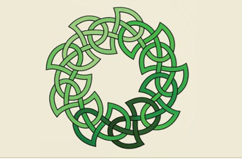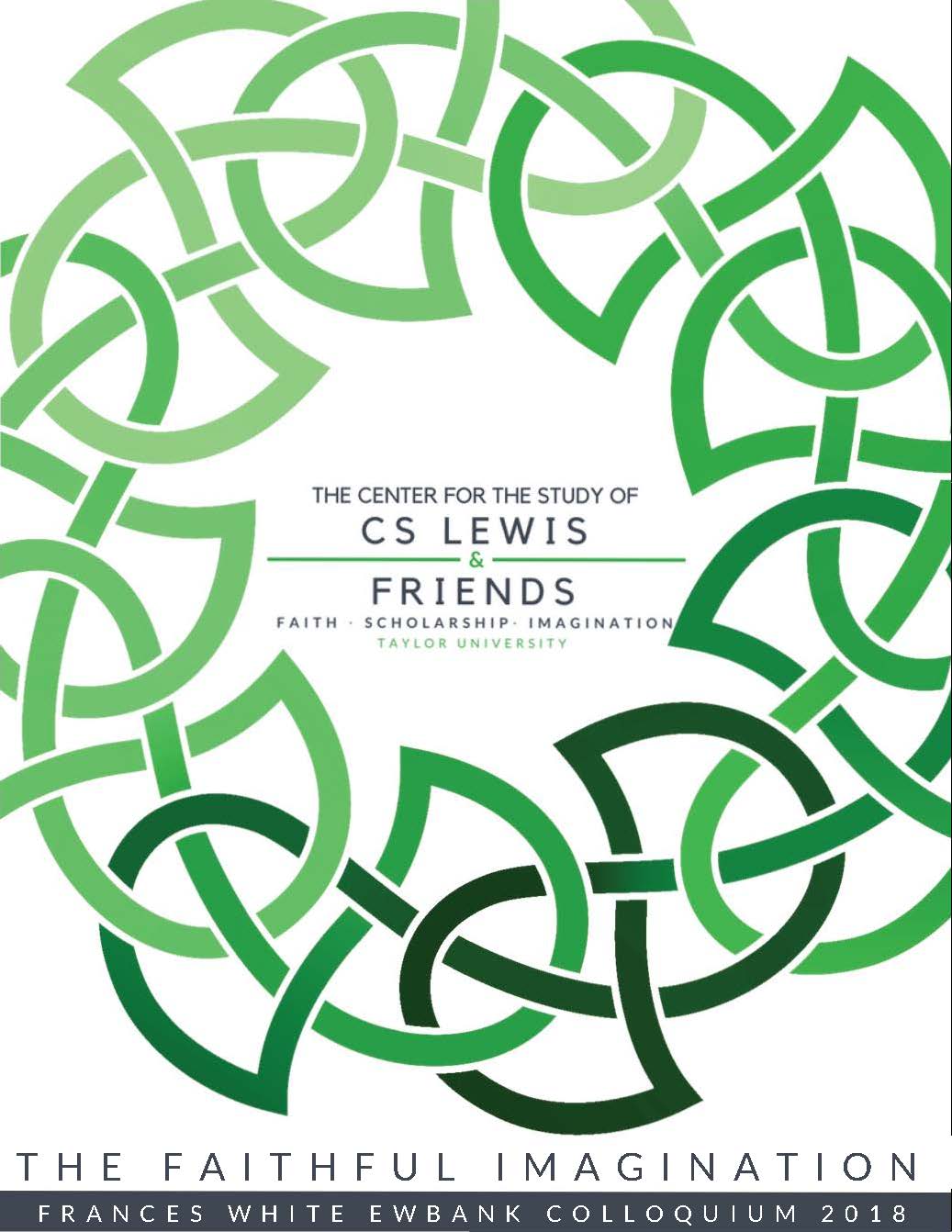Event Title
Concurrent Paper Session 4B: Philosophical/Theological Imagination
Location
Euler 130
Start Date
1-6-2018 1:45 PM
Description
"What is an? A Spectrum of Answers by Owen Barfield, C.S. Lewis and Karl Barth" - Stephen Thorson
“Around 1950,” Owen Barfield wrote a seven canto narrative poem (still unpublished), called “Mother of Pegasus” or “Riders on Pegasus” in order to “loosely and archtypically” depict the two different Lewises he had increasingly recognized “after 1935.” Apparently, Barfield wanted to work out his puzzlement over his friend, and to warn Lewis that he should avoid the fate of Bellerophon (slayer of Chimaera on Pegasus), and embrace the fate of Perseus (slayer of Medussa, who later ascended to the heavens on Pegasus). Pegasus represents the high view of Imagination (with a capital “I”) that Barfield and Lewis shared during their 1920’s “Great War.” Bellerophon represents the Lewis who rejected that high “spiritual” view of Imagination and Perseus represents the Lewis who could re-accept that high view if he allowed his “creative Eros” or Feeling (represented by his bride, Andromeda) to temper his rational Thinking.
"C.S. Lewis's Moral Law Apologetic in Light of Modern Evolutionary Biology" - Dan Ippolito
The topic will be an evaluation of Lewis's apologetic argument based on the Moral Law (our universally shared sense of "ought") in the light of modern evolutionary psychology. I will emphasize the problem presented by "pure" altruism to standard evolutionary psychology. "Pure" altruism is offered with no expectation or reciprocity and is not directed at close kin, thus eluding traditional selectionist explanations. We are therefore left with two possibilities: human higher morality is either (1) the product of culture or (2) divinely revealed in a sort of “ontological leap.” I will argue that cultural explanations simply "kick the can down the road" because they fail to explain why some moral norms with little or no apparent adaptive value appear consistently across cultures, as pointed out by Lewis in The Abolition of Man. Furthermore, the "pure" altruism preached by Christ defies the ancient law of natural selection and could not have evolved from the social instincts of the higher animals. We are therefore left with Lewis's Moral Law explanation.
"C.S. Lewis was not a Eudaimonist: A reply to Steward Goetz and David Horner" - Louis Swingrover
The nature of C. S. Lewis's account of human happiness has recently become a matter of dispute. David Horner classifies him as a eudaimonist, while Stewart Goetz argues that Lewis's position is entirely inconsistent with eudaimonism. Their dialogue leaves it unclear where their conflict really lies. Is the controversy over the essence of eudaimonism, over the correct interpretation of Lewis, or over the relation between the two? In this paper I impose a framework on the discourse and show that Horner and Goetz disagree more about the definition of eudaimonism (Goetz is right) than about Lewis (who, by the by, is almost always right). Furthermore, scholarly miscommunications of the sort exemplified in the Horner-Goetz exchange can often be avoided by appropriating one of Lewis's own rhetorical habits: insistence on what Mortimer Adler would call "coming to terms” with one another prior to making any kind of argument.
Event Type
Paper
Concurrent Paper Session 4B: Philosophical/Theological Imagination
Euler 130
"What is an? A Spectrum of Answers by Owen Barfield, C.S. Lewis and Karl Barth" - Stephen Thorson
“Around 1950,” Owen Barfield wrote a seven canto narrative poem (still unpublished), called “Mother of Pegasus” or “Riders on Pegasus” in order to “loosely and archtypically” depict the two different Lewises he had increasingly recognized “after 1935.” Apparently, Barfield wanted to work out his puzzlement over his friend, and to warn Lewis that he should avoid the fate of Bellerophon (slayer of Chimaera on Pegasus), and embrace the fate of Perseus (slayer of Medussa, who later ascended to the heavens on Pegasus). Pegasus represents the high view of Imagination (with a capital “I”) that Barfield and Lewis shared during their 1920’s “Great War.” Bellerophon represents the Lewis who rejected that high “spiritual” view of Imagination and Perseus represents the Lewis who could re-accept that high view if he allowed his “creative Eros” or Feeling (represented by his bride, Andromeda) to temper his rational Thinking.
"C.S. Lewis's Moral Law Apologetic in Light of Modern Evolutionary Biology" - Dan Ippolito
The topic will be an evaluation of Lewis's apologetic argument based on the Moral Law (our universally shared sense of "ought") in the light of modern evolutionary psychology. I will emphasize the problem presented by "pure" altruism to standard evolutionary psychology. "Pure" altruism is offered with no expectation or reciprocity and is not directed at close kin, thus eluding traditional selectionist explanations. We are therefore left with two possibilities: human higher morality is either (1) the product of culture or (2) divinely revealed in a sort of “ontological leap.” I will argue that cultural explanations simply "kick the can down the road" because they fail to explain why some moral norms with little or no apparent adaptive value appear consistently across cultures, as pointed out by Lewis in The Abolition of Man. Furthermore, the "pure" altruism preached by Christ defies the ancient law of natural selection and could not have evolved from the social instincts of the higher animals. We are therefore left with Lewis's Moral Law explanation.
"C.S. Lewis was not a Eudaimonist: A reply to Steward Goetz and David Horner" - Louis Swingrover
The nature of C. S. Lewis's account of human happiness has recently become a matter of dispute. David Horner classifies him as a eudaimonist, while Stewart Goetz argues that Lewis's position is entirely inconsistent with eudaimonism. Their dialogue leaves it unclear where their conflict really lies. Is the controversy over the essence of eudaimonism, over the correct interpretation of Lewis, or over the relation between the two? In this paper I impose a framework on the discourse and show that Horner and Goetz disagree more about the definition of eudaimonism (Goetz is right) than about Lewis (who, by the by, is almost always right). Furthermore, scholarly miscommunications of the sort exemplified in the Horner-Goetz exchange can often be avoided by appropriating one of Lewis's own rhetorical habits: insistence on what Mortimer Adler would call "coming to terms” with one another prior to making any kind of argument.


